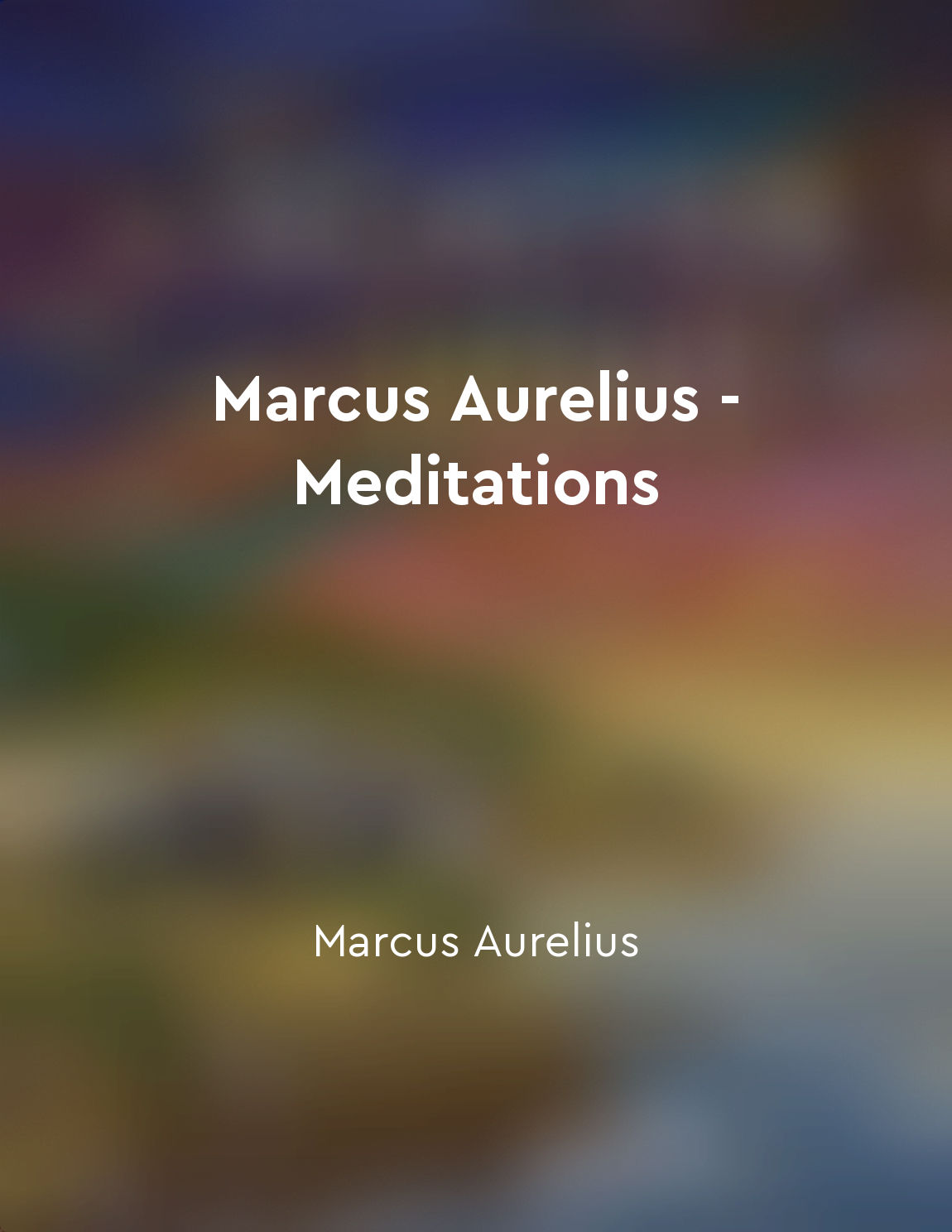Balancing humility and expertise in teaching from "summary" of Teaching What You DonÕt Know by Therese Huston
The challenge of balancing humility and expertise in teaching involves finding the delicate equilibrium between demonstrating knowledge and acknowledging limitations. It is essential for educators to convey a sense of expertise to establish credibility and confidence in their students. However, excessive self-assurance can come across as arrogance and alienate learners. Humility plays a crucial role in creating a supportive and open classroom environment where students feel comfortable asking questions and making mistakes. A humble teacher is willing to admit when they do not know the answer and can use such moments as opportunities for collaborative learning. By modeling humility, educators demonstrate that it is acceptable to be uncertain and that learning is a continuous process. At the same time, expertise is necessary for guiding students through complex subject matter and providing accurate information. A knowledgeable teacher can offer valuable insights, challenge assumptions, and inspire intellectual curiosity in their students. It is important for educators to strike a balance between showcasing their expertise and remaining approachable and open to feedback. One way to achieve this balance is through active self-reflection and ongoing professional development. By regularly evaluating their teaching practices and seeking feedback from colleagues and students, educators can identify areas where they need to improve and enhance their expertise. Additionally, cultivating a growth mindset can help teachers embrace challenges and view mistakes as opportunities for growth rather than failures.- The key to balancing humility and expertise in teaching lies in authenticity and genuine care for students' learning experiences. Educators who approach their work with humility, curiosity, and a willingness to learn from their students create a positive and enriching classroom environment that fosters academic growth and personal development.
Similar Posts
Leaders must embrace change and adaptability to thrive in the long run
Leaders who want to endure and succeed in the long run must be willing to adjust, pivot, and evolve with the ever-changing land...

Focus on the present moment
When you arise in the morning, think of what a precious privilege it is to be alive – to breathe, to think, to enjoy, to love. ...
Ask probing questions
To really get to the heart of a matter, it is essential that we ask probing questions. These are the questions that dig deeper,...
Practice mindfulness
In this complex world that we live in, there is one practice that can truly transform our lives: mindfulness. Mindfulness is th...
Embracing interconnectedness deepens insight
When we talk about interconnectedness, we are pointing to an understanding that all things are connected in some way. This conc...
Embracing uncertainty can lead to new possibilities
The idea that uncertainty can actually be a source of new possibilities may seem counterintuitive at first. In our culture, we ...
Differentiated instruction addresses diverse learning needs
Differentiated instruction is a teaching approach that recognizes the diverse learning needs of students in the classroom. This...
Acknowledge the interconnectedness of ideas
To truly grasp a concept, one must understand that ideas are interconnected. Each idea is not isolated but rather intertwined w...
Cultivating a sense of equanimity in the face of life's ups and downs brings inner peace
This idea of remaining steady and calm in the midst of life's challenges is a central theme in the Stoic philosophy. The Stoics...
Knowledge is shaped by cultural and societal influences
Knowledge is shaped by cultural and societal influences. Our beliefs and ideas are not formed in a vacuum, but are rather influ...

